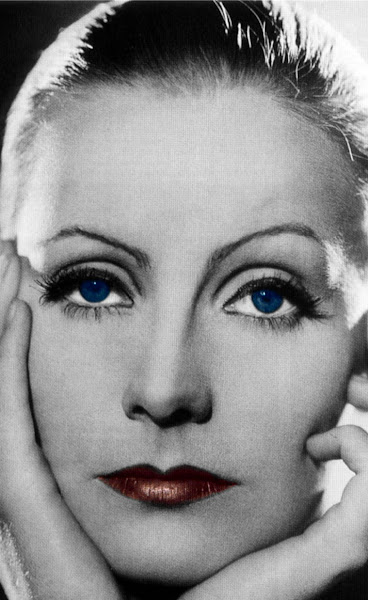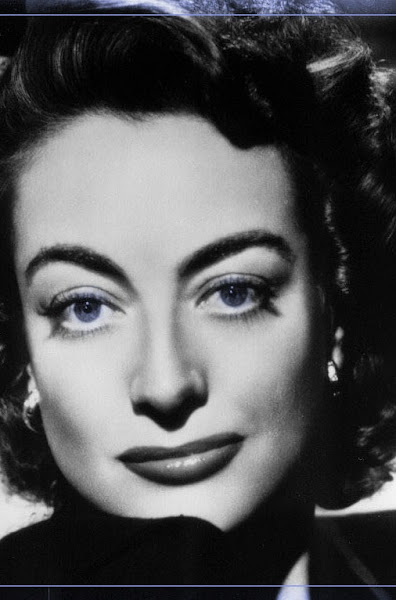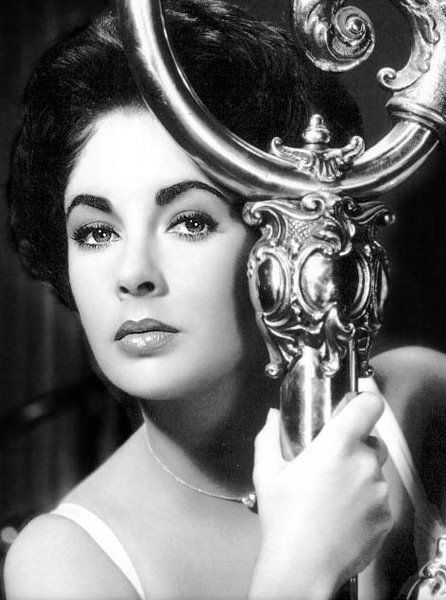 *** out of ****
*** out of ****
“Querelle,” released in 1982 before the death of German auteur filmmaker, Rainer Werner Fassbinder, has the dubious notoriety of being his last will and testament. I once read a fascinating remark that the film’s plot parallels Fassbinder’s own plummet toward suicide. Although this interpretation is unsubstantiated (and unable to be substantiated), “Querelle” remains a curious film, what Fassbinder called his “most important film.” One reason for its strangeness results from the fact that it is not a direct adaptation of openly homosexual French author Jean Genet’s “Querelle de Brest,” but is, rather, “a film about” said novel.
At this point, a description of this erotic film is warranted: tough, sexy sailor Georges Querelle (Brad Davis, “Midnight Express”) arrives in the French port of Brest, a town with a perpetual sunset and a phallocentric setting, and discovers La Feria, the local cabaret. His purpose is twofold: to smuggle opium to its owner, Nono (Gunther Kaufmann), and to sleep with Nono’s wife, Lysiane (Jeanne Moreau). After killing his own smuggling partner, Querelle submits to his own degradation and purposefully loses a game of dice so that instead of bedding Lysiane, Nono will sodomize him. However, Querelle discovers that he actually likes the activity and begins to endeavor toward his complete self-annihilation and disempowerment by becoming a sex slave to other men.
To the casual viewer, this film is going to be a nightmare instead of the wet dream it is intended to be. The plot is extremely confusing, the gratuitous violence and sexuality are shocking, and the robotic performances by its leading actors are also no help. In fact, “Querelle” requires knowledge of its director’s style in order to actually be enjoyable (which it can be). Fassbinder, an avid fan of Brechtian alienation, uses such elements as purposely stiff performances, static compositions, intertitles with quotes or narration, and confusing planes of space (via an abundance of mirrors) to disorient viewers and keep them consciously critical of what they are watching. “Querelle,” despite its salacious images of gay erotic fetishization, such as hunky, beefy sailors, a leather-bound policeman, and penises abound in the setting, is not to be confused with pornography. Instead, Fassbinder’s thesis might well inform the narrator’s comment: “Humility can only be born of humiliation; otherwise, it is nothing but vanity.” Therefore, “Querelle” is actually a film about a narcissistic man’s complete humiliation so that he can attain humility and, in effect, humanity.
For those of you who are daring enough to see it, “Querelle” is certainly worth the effort. It is a beautiful film, resplendent in surrealist imagery, phallic architecture, and colors so rich that it would make Vittorio Storaro (“Apocalypse Now,” “The Last Emperor,” “Dick Tracy”) proud. Beneath the labyrinthine structure of the narrative, there are many depths to be explored and secrets to be unlocked. However, because I would be living in a dream world (pun intended) to critique this film based on only these qualities and to ignore its difficulties for casual viewers, I must admit that “Querelle” is far from perfect. But still, that does not mean there are not those who will admire it greatly for its cinematic prospects.
*As seen in the November 2009 issue of "Out & About" newspaper. To access it, click here.*
October 31, 2009
Querelle
Labels:
classics,
film,
foreign,
queer theory,
REVIEWS
Subscribe to:
Posts (Atom)

.jpg)

.jpg)
.jpg)
